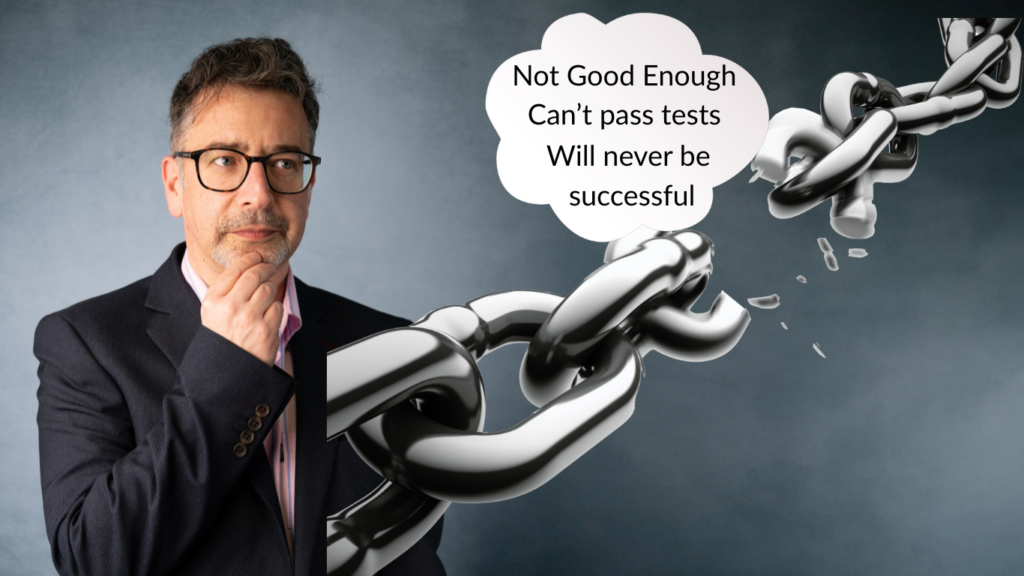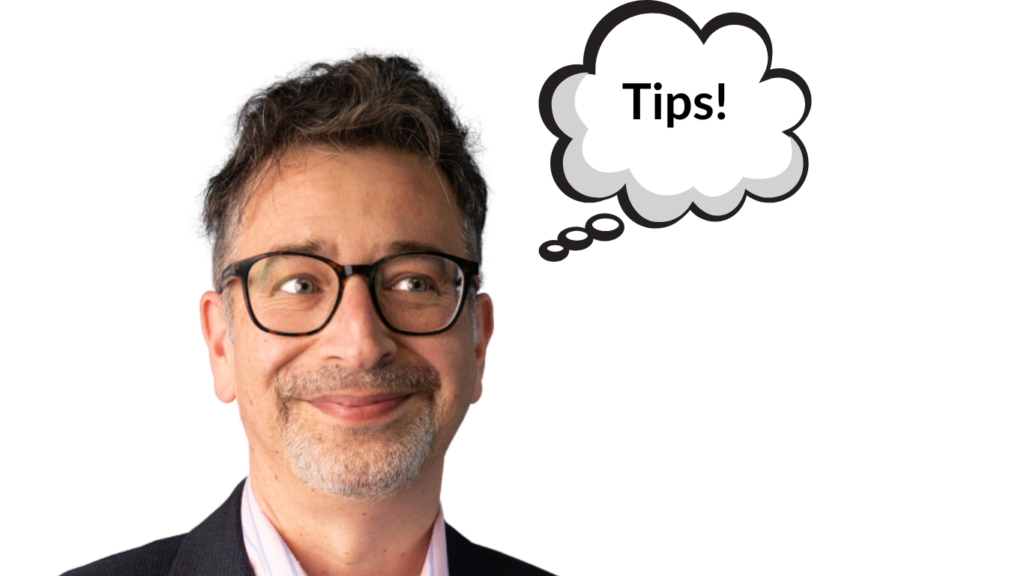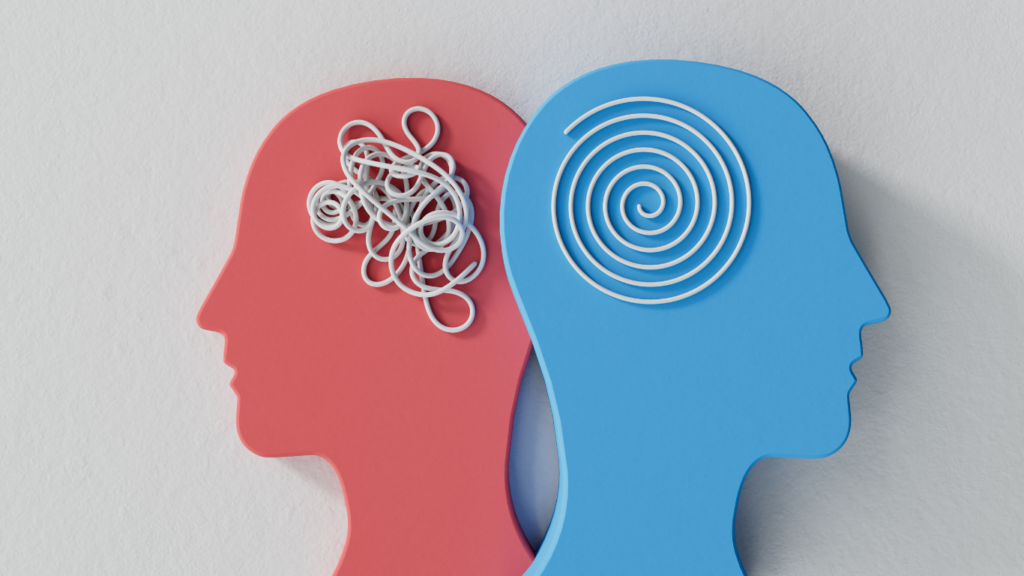
Limiting beliefs are what we believe about ourselves which to us seem real. They limit our thinking holding us back and get in our way of moving forward. We can carry limiting beliefs around with us for a long time, even years of holding ourselves back.
This blog focuses on learning more about limiting beliefs and how to overcome them with NLP.
What do the following have in common; mirages, the sky’s blue dome, rainbows and clouds?
Mirages are optical illusions, they may seem to be for example water or an oasis in the distance, when you get there, there’s no water. They are caused by the bending of light rays as they pass through layers of air with different temperatures.
The Sky’s “Blue Dome” seems to be a physical blue dome covering the Earth when it is really an illusion of perception, namely scattered sunlight in the atmosphere.
Rainbows are arcs in the sky. They are refractions and reflections of light in water droplets. They actually have no physical location you can touch or approach—they’re “there but not there.” (Sadly, no pot of gold!)
Clouds. From a distance, clouds seem to be solid, fluffy masses. They are really dispersed water vapor and ice crystals which if you ever go inside a cloud, it often feels like “nothing” substantial at all.
Moon In The Water
It’s like the Moon in the Water which many of us are familiar. Many traditions use this metaphor, where you reach forward to grasp the moon’s reflection in a pond to find your hand just touches water. The reflection was never a thing to grab—just an appearance.
All of these mentioned, we cannot ‘put a finger on’. They seem like something real, they come from ‘somewhere’ and are ‘something’ which result in illusions, illustrations or distortions of what they really are. They are perceptions which when broken down, lead to nothing, or do they?
Where Do Limiting Beliefs Come From?
A limiting belief originates from a limiting decision made at an event (usually emotional in nature) in the past which we reinforce to ourselves time and time again developing into a belief.
Limiting beliefs are present in all contexts, work, in life, sport and education for example.In the workplace limiting beliefs can impact upon our motivation in turn effecting performance and productivity. “I am poor at leading”, “I can’t manage”, “I always write poor reports”, “I always give poor presentations” or “I can’t talk to people in person”.
In life examples include more general ones such as not being good enough, not being successful, poor handling money and bad with relationships to more specific such as “I can’t be creative”, “I can’t pass the (driving or theory) test”, or even “I can’t dance”.
In sport, “I can’t get fit”, “I will never win”, “I will never beat my PB” or “I am terrible at taking penalties”
In education, “I can’t learn”, “I can’t remember what to write” or “I always perform badly in tests or exams”.
Any of these resonate? How many of us are held back by limiting beliefs right now? All of these will have come from a time in the past when there was a negative experience and as a result, a limiting decision was made which self-perpetuates into a belief which limits. Like a rainbow, the sky’s blue dome, clouds or mirage, a limiting belief has come from somewhere and is merely a perception, which when broken down turns out to be something significantly less than it is now.

Tips To Overcome Limiting Beliefs Using NLP
NLP offers us several ways to overcome limiting beliefs.
Time
We can use time to overcome the limiting belief. Starting with understanding the importance of when the belief was formed. Now we know that the belief came from a decision created in the past compared to the illusion that it seems as if it is now and that is how we hold that belief in our neurology. By changing our relationship with that belief will enable us to view it for what it really is, by going behind the illusion.
Ask yourself “…when did I make that decision?” (you may need to push yourself to recall the event). It is really important to understand when the decision was made as well as to realise that whilst the event may have involved others, it is you who made the decision at the time (and can do something about it). This relates to one of the foundations of NLP, cause and effect. Moving to being at cause from effect, is taking responsibility to empower ourselves and make change. Once you have recalled the event, spend a little time with what you see, hear and feel about it now. Realise that it was one event, a moment from which a belief was formed into what you had today. How does that feel? It can feel silly or we may feel sheepish about the belief or even chuckle to ourselves as we release the time and energy we put into holding onto that belief as it releases. Notice what you think about that old belief instead.
Time Line Therapy™
We also have a powerful approach called Time Line Therapy® which is ideal for coaches and therapists working with clients to release emotional baggage relating to the major negative emotions of anger, sadness, fear, hurt, guilt. We can also use Time Line Therapy® when working with limiting decisions. Try rewinding your memories to go back to the event where the decision was made and this time understand the positive learnings that can be taken that you might not have been previously aware of at the time. We include certification in Time Line Therapy® in our NLP Practitioner training.
Submodalities
In NLP, our thoughts have different sensory properties known as submodalities. If we were to alter the properties of the submodalities we can change how we think, in this case about a limiting belief. Think about the limiting belief as a picture and move the picture far, far into the distance away from us so that it reduces to the size of a pea. We will feel and ultimately think differently about it – give it a go!


